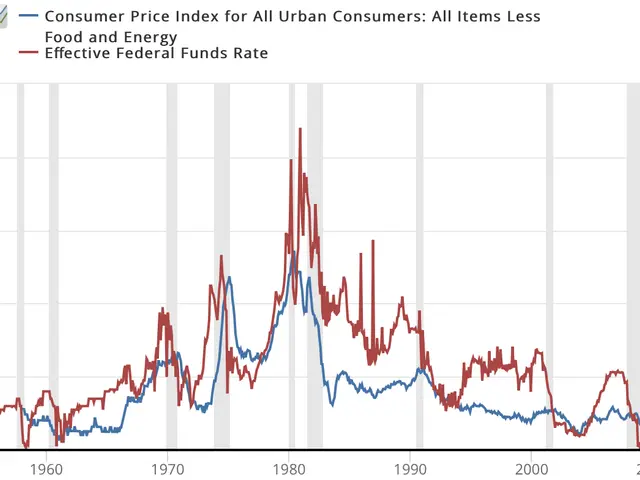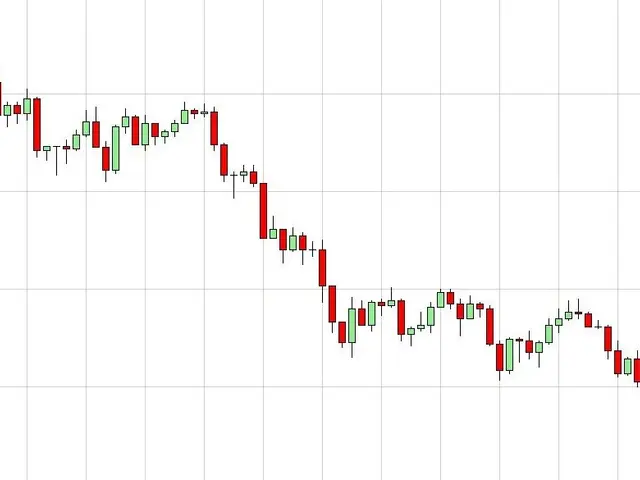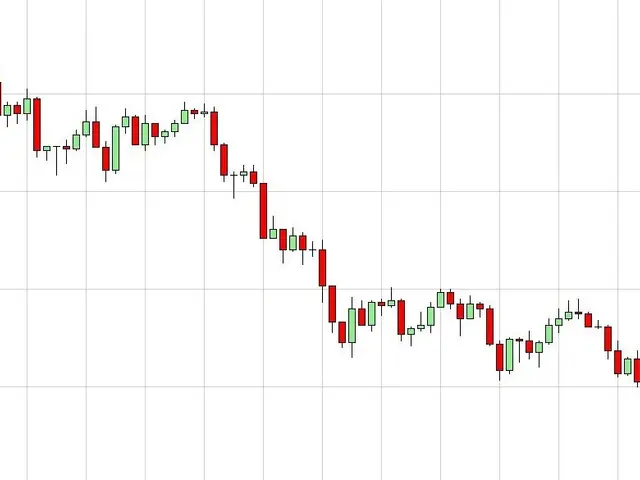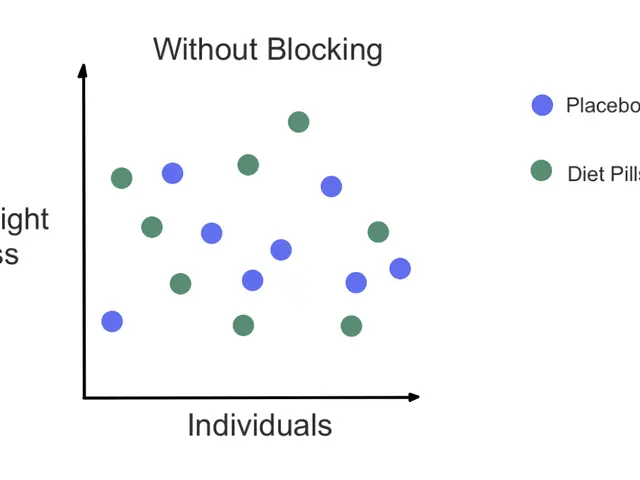Annual Vegetable Supply Enforced for Shops Across the Board - What Strategies Will Retailers Employ?
Spotlight on Belarus' Potato Crisis and Government Responses
Belarus grappled with a potato shortage in early 2025. Here's a breakdown of the factors contributing to the crisis and the government's attempts to address it.
The Root of the Problem
The potato shortage was a complex issue, influenced by several factors:
- Insufficient storage infrastructure: The lack of proper storage technologies led to a high rotation rate, causing potatoes to spoil before reaching consumers.
- Timing difficulties: A prolonged winter and late spring disrupted the planting and harvesting seasons, leaving stores tantalizingly bereft of new potatoes.
- Reduced seed potato imports: Traditional seed potato imports from the European Union dropped noticeably in 2024, leaving Belarus with fewer high-quality seeds and less disease resistance.
- Artificial supply limitations: Some suspect that individuals manipulated the supply to protest or frustrate government price interventions, causing further scarcity.
- Export pressure: A significant portion of Belarus' potato crop was already sent to Russia, compounding the shortage at home.
Government Action
In response to the crisis, the government took several steps:
- Price hikes: The authorities allowed prices of staple vegetables, including potatoes, to increase, stabilizing the market and incentivizing supply.
- Investigations and enforcement: The State Control Committee scrutinized the market to ensure that politics, artificial supply limitations, or similar issues weren't intentionally exacerbating the shortage.
- Public reassurance: President Lukashenko sought to calm citizen concerns, asserting that ample potatoes were actually available and that the shortage was inflated.
- Encouraging technological advancements: Discussions revolved around the need for better storage, preservation technologies, and potentially increased domestic seed production to reduce reliance on imports.
A Look Ahead
While the immediate crisis appears to have been resolved, deep-seated structural issues persist. The most critical is the storage and preservation of potatoes, which is crucial for long-term food security in Belarus.
- The impact of the potato shortage extended beyond food, affecting industries such as food-and-drink and retail, as businesses struggled to stock their shelves.
- To alleviate the crisis in the long term, the finance sector could play a pivotal role by investing in technology to improve storage infrastructure within the agriculture industry.
- As the government addresses the immediate issue, it should also consider implementing lifestyle changes, such as advocating for more diverse diets or increasing local produce consumption, to reduce dependency on any single crop, like potatoes.








